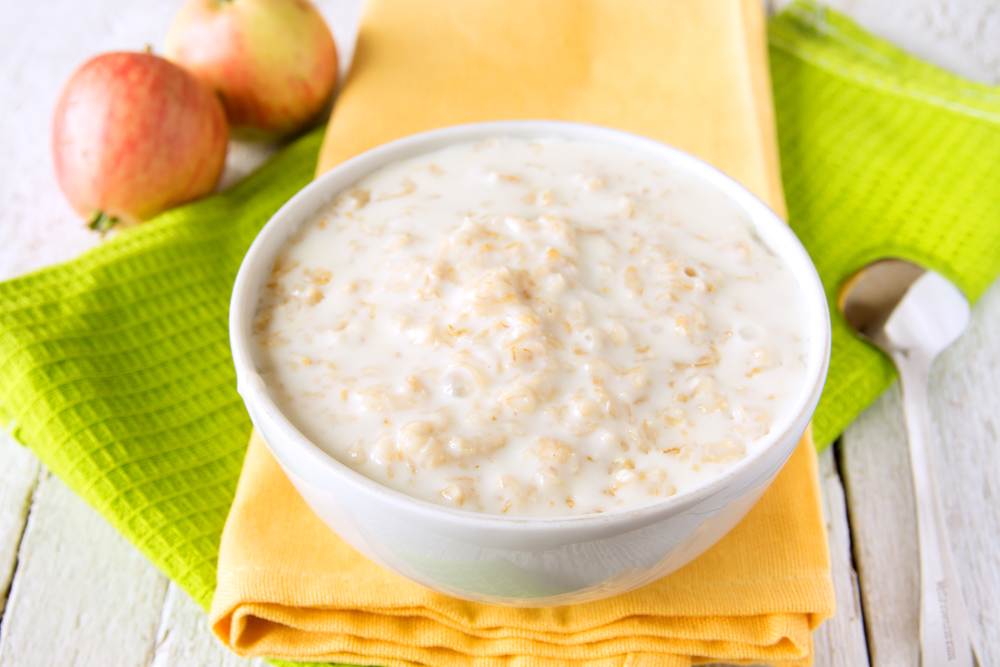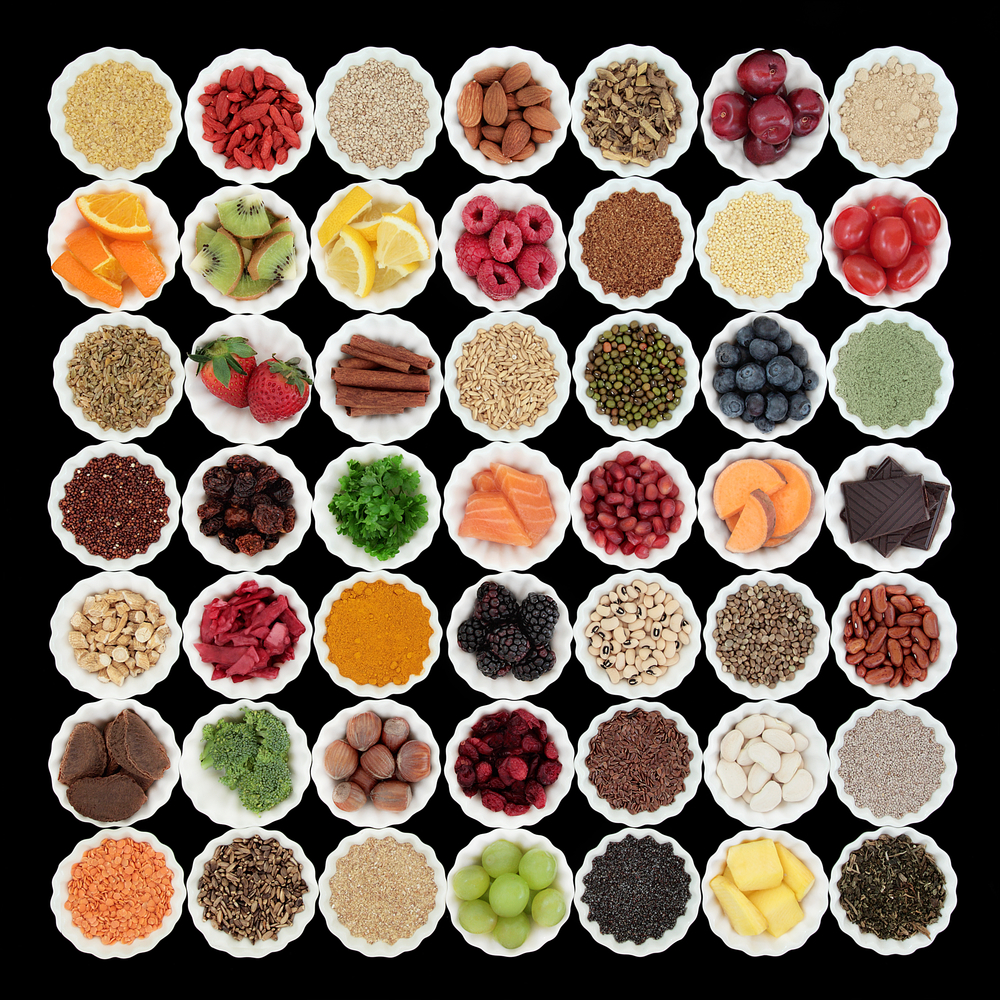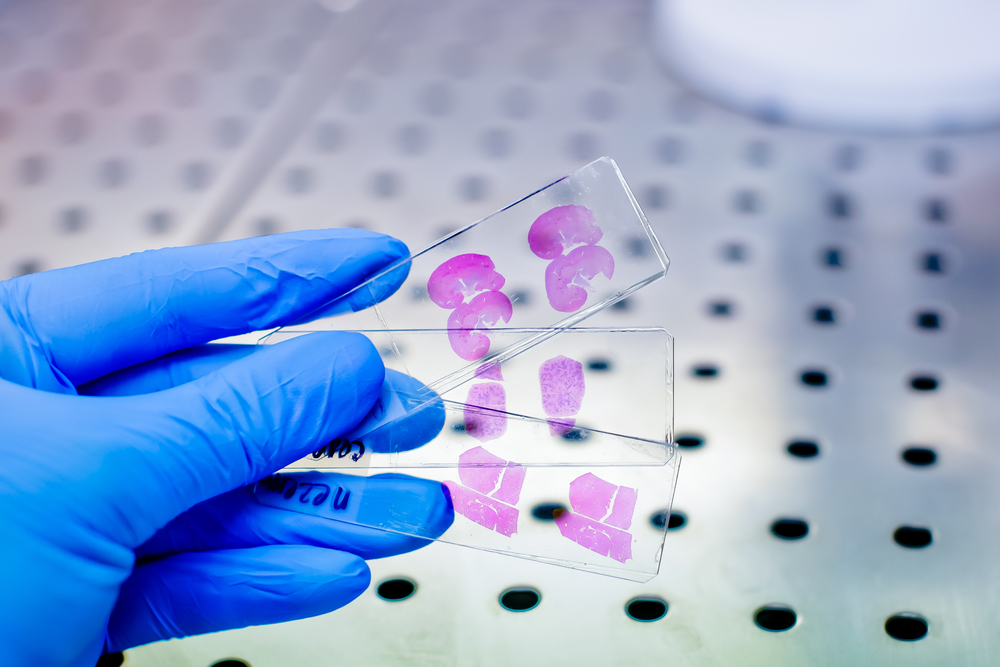Could we live without a stomach? Good eating habits after stomach removal
 Surgery is a primary cancer treatment that is effective for many types of cancer. In many cases, our organs with lesions are necessarily removed in order to prevent the spread of tumors.
Surgery is a primary cancer treatment that is effective for many types of cancer. In many cases, our organs with lesions are necessarily removed in order to prevent the spread of tumors.
Then comes a question that whether we could live without these organs. This is true of many patients with gastric cancer. Total gastrectomy must be done when two or more lesions with large diameters grow in the middle of the stomach and further extensively invade the stomach wall.
The answer is yes. We can eat food and survive without a stomach. The function of the stomach may not be so irreplaceable as most of us have thought.
Our stomach has two functions.
One is to store food temporarily. All we eat into the mouth will channel through the mouth and esophagus and are temporarily stored in the stomach. Our stomach is a very elastic organ, and it can expand to store more food volume if necessary.
Easily digestive food will quickly leave the stomach and be absorbed by the intestine within a few minutes. In contrast, food that is difficult to digest will temporarily store in the stomach and wait for absorption.
Another function is to digest food initially. Our stomach can secrete gastric acid and pepsin to digest and mix the food into small pieces so that they can be further absorbed by the small intestines.
The food absorption happens in the small intestine, and when the stomach is cut off, the esophagus will be directly connected to the small intestine. We can still eat food but our eating habits shall change to adapt to the new conditions.
Here are some good eating habits after stomach removal.
Eat easily digestive foods
Since we don’t have a stomach anymore, easily digestive foods can be smoothly passed into the small intestine to prevent abdominal discomfort. Eat less food with crude fiber and refuse spicy food and fried food.
Keep small frequent meals
Overeating will bring a burden on the intestines, and we couldn’t eat like we still have a stomach to store food.
Chew slowly
The more you chew, the better your food is absorbed. Chew your food as much as possible with your teeth, and this is conducive to digestion and absorption.
The small intestine will replace the function of the stomach after a period of adaption, and we can continue to enjoy a good quality of life.


